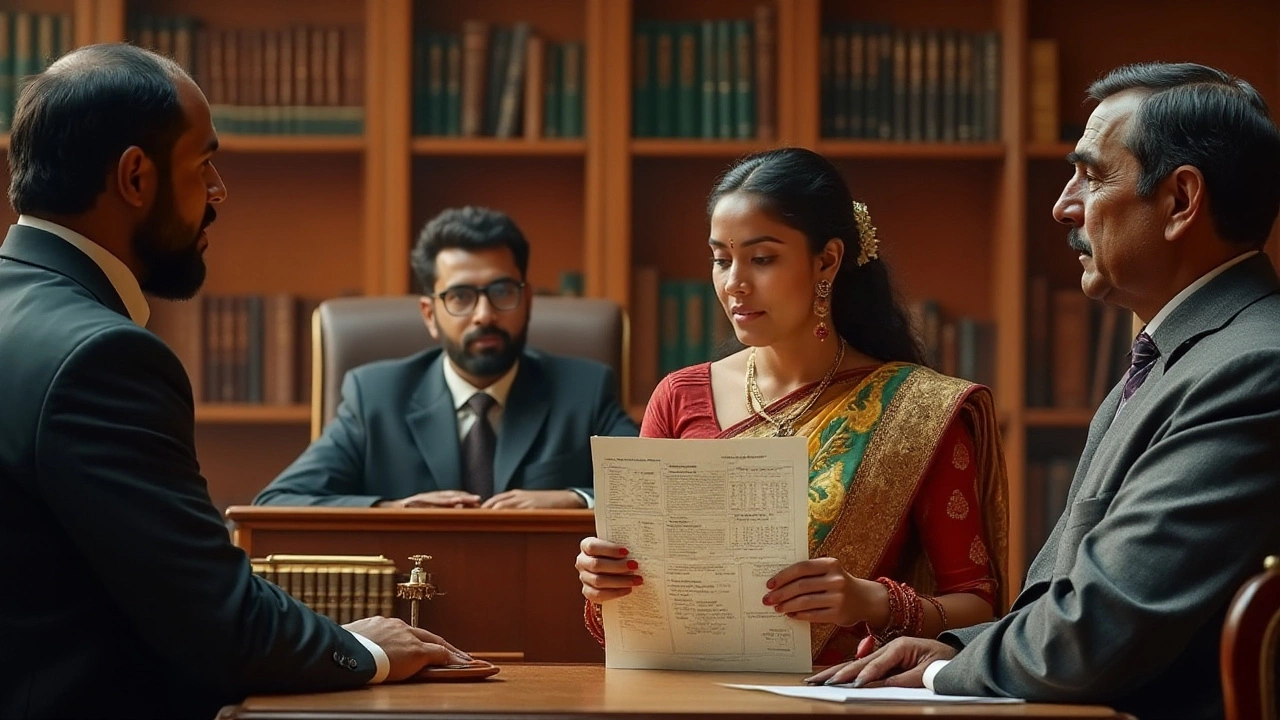Marital Property Division in India: A Practical Guide
Going through a divorce can feel like a storm, especially when you have to figure out who gets what. In India, the law has clear rules about marital property, but the details can get messy. This guide breaks down the most common questions, so you can understand your rights and move forward with confidence.
What’s Considered Marital Property?
First, you need to know which assets belong to the marriage. Anything acquired after the wedding is usually deemed marital property—this includes salaries, bank balances, investments, a family home, and even a jointly‑owned vehicle. Gifts given to one spouse can also count if they were meant for the couple. On the other hand, property owned before the marriage, inheritances, and personal gifts kept separate are generally treated as separate assets.
It’s a good idea to gather all documents—bank statements, title deeds, loan papers, and gift letters—early on. Having a clear paper trail helps the court see the full picture and reduces the chance of disputes later.
How Courts Decide the Split
The Indian courts follow the principle of “equitable distribution.” This doesn’t always mean a 50‑50 split; the judge looks at factors like each spouse’s earning capacity, contributions to the household, and the length of the marriage. If one partner sacrificed a career to raise children, the court may give them a larger share of the assets.
Another key factor is debts. Any loans taken during the marriage are usually divided along with the assets, so you can’t claim a higher share of property without also taking on a portion of the liability.
Sometimes, couples reach a settlement outside of court. Mediation can save time and money, and it allows you to craft a split that fits your unique situation. If you choose this route, make sure the agreement is written, signed, and filed with the court to make it legally binding.
Finally, keep in mind that the law varies slightly between states. For example, the Hindu Marriage Act has specific provisions, while Muslims follow different personal laws. Consulting a family law attorney who knows the local nuances can prevent costly mistakes.
Dividing property is rarely fun, but understanding the rules gives you a stronger position. Start by listing every asset, identify which ones are marital, and think about how each factor the court will consider. With the right information, you can negotiate a fair share and focus on the next chapter of your life.
Understanding Property Rights in Indian Divorce: What Spouses Need to Know
In India, the division of property after divorce is a significant concern for many spouses. This article delves into the nuances of Indian law regarding property rights during divorce proceedings. It explains how property is traditionally divided, the role of different matrimonial property regimes, and potential legal reforms. Additionally, it provides tips for negotiating a fair settlement and protecting one's financial interests.
